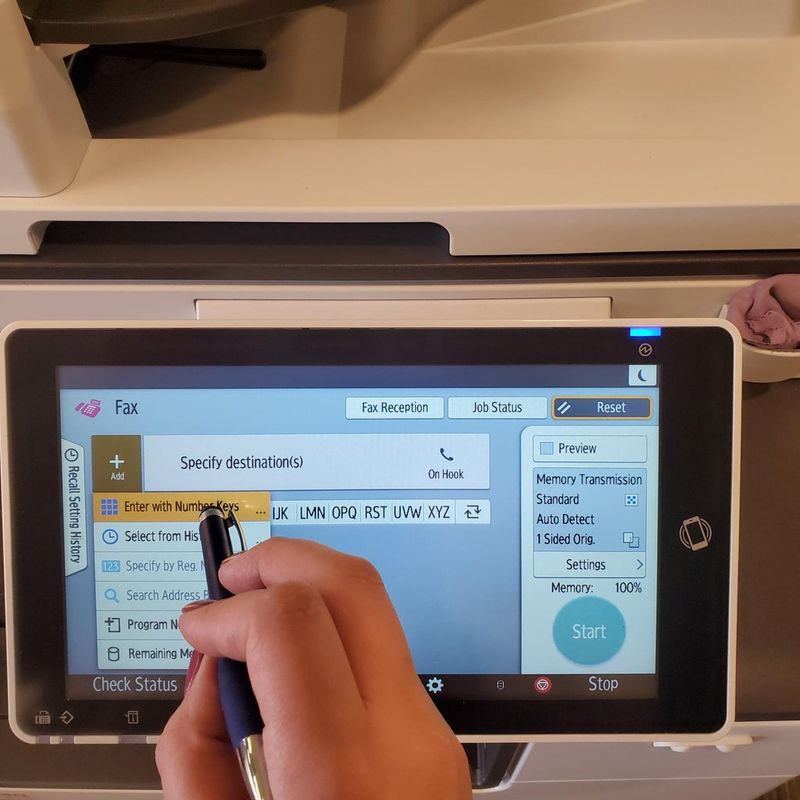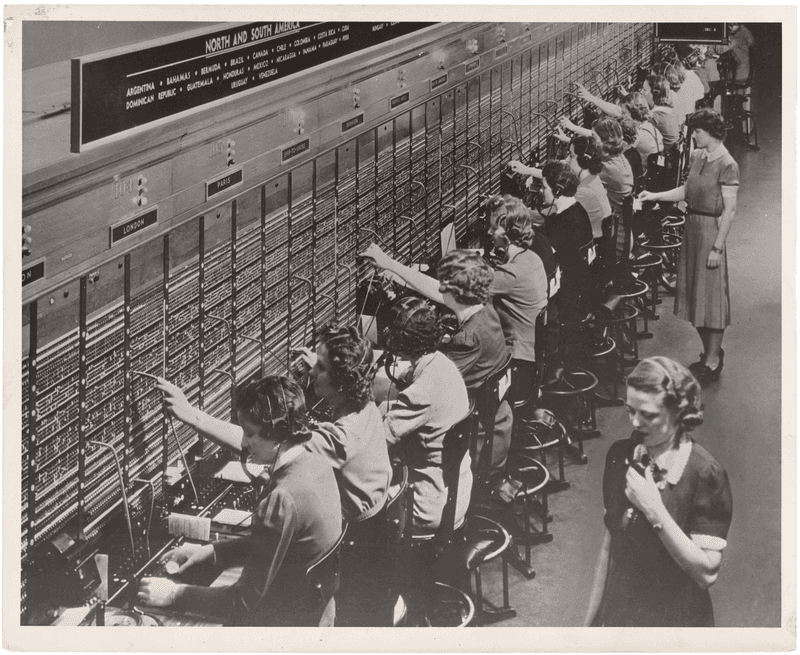In today’s fast-paced world, the job market evolves rapidly, rendering once-essential skills obsolete. As technology advances, certain tasks that were crucial a decade ago are now redundant, replaced by automation and modern tools. This shift not only impacts how businesses operate but also necessitates a continuous upgrade in skill sets for professionals.
From traditional roles to tech-based tasks, numerous skills have seen their relevance dwindle. Understanding these changes is vital as it allows individuals to focus on acquiring competencies that align with the current demands of the workforce. Here, we explore seven such job skills that have lost their value in today’s professional landscape.
1. Fax Machine Operation

Once the backbone of office communication, fax machines are now relics of the past. Their operation was a skill prized in every office. However, the advent of email and digital signatures has made sending documents electronically far more efficient. Fax machines are cumbersome and require paper, toner, and maintenance, unlike their digital counterparts. Today, most businesses prefer digital communication for its speed and eco-friendliness. For those who still need to fax, online services offer a digital solution. Embracing new technologies like cloud storage renders this once-crucial skill unnecessary.
2. Manual Typing and Shorthand

In the past, manual typing and shorthand were essential for secretaries and stenographers. This skill allowed for quick note-taking and efficient document creation. However, with the proliferation of computers and dictation software, manual typing’s prominence has diminished. Modern word processors include features that eliminate the need for traditional typing skills. Shorthand, too, is largely obsolete with voice recognition software handling transcription tasks. As industries adopt digital solutions, these manual skills are no longer necessary for effective communication.
3. Film Developing

Film developing was once a fundamental skill for photographers, necessitating knowledge of chemicals and precise timing. The digital photography revolution has rendered film developing nearly obsolete. Today, photographers rely on digital cameras and editing software to produce and enhance images instantly. This shift has streamlined workflows, allowing for faster turnaround times and eliminating the need for darkrooms. While film photography remains a niche art form, the broad industry has moved beyond these traditional methods, focusing on digital proficiency instead.
4. Switchboard Operation

Switchboard operation was once a critical skill in telecommunications. Operators manually connected calls by plugging cables into a vast board. This role required quick thinking and dexterity. However, with the advent of automated systems and digital telephony, the need for manual switchboard operation has vanished. Modern telecom systems offer direct dialing and automated routing, making the traditional switchboard obsolete. For those in the field, learning new digital communication platforms is essential to stay relevant.
5. Map Reading and Navigation

Map reading was once an essential skill for travelers and professionals. The ability to interpret maps and navigate unfamiliar territories was invaluable. However, GPS technology and digital maps have made traditional map reading unnecessary. Smartphones and in-car navigation systems offer real-time updates and directions, ensuring more accurate and efficient travel. This technological shift has transformed how we approach navigation, reducing the need for physical maps. Today, digital literacy is more crucial for navigating both physical and digital landscapes.
6. CRT Monitor Repair

During the heyday of cathode-ray tube (CRT) monitors, repair skills were in high demand. Technicians needed to understand intricate electronic circuits. However, the transition to flat-panel displays like LCD and LED screens has made CRT monitors obsolete. Modern screens are not only more efficient but also more reliable, reducing the need for frequent repairs. As technology progresses, the focus has shifted to understanding the latest display technologies rather than fixing outdated ones. This evolution highlights the importance of keeping pace with technological advancements.
7. Card Catalog Filing

Card catalog filing was once the primary method for organizing library collections. Librarians needed to meticulously manage these systems for patrons to find books. The digital transformation in libraries has replaced card catalogs with online databases, offering quicker and more comprehensive search capabilities. This has made traditional filing practices redundant. Modern librarians are now trained in digital information management, focusing on enhancing user access through technology. This evolution underscores the shift from physical to digital information systems.

Well, hello there!
My name is Jennifer. Besides being an orthodontist, I am a mother to 3 playful boys. In this motherhood journey, I can say I will never know everything. That’s why I always strive to read a lot, and that’s why I started writing about all the smithereens I came across so that you can have everything in one place! Enjoy and stay positive; you’ve got this!

